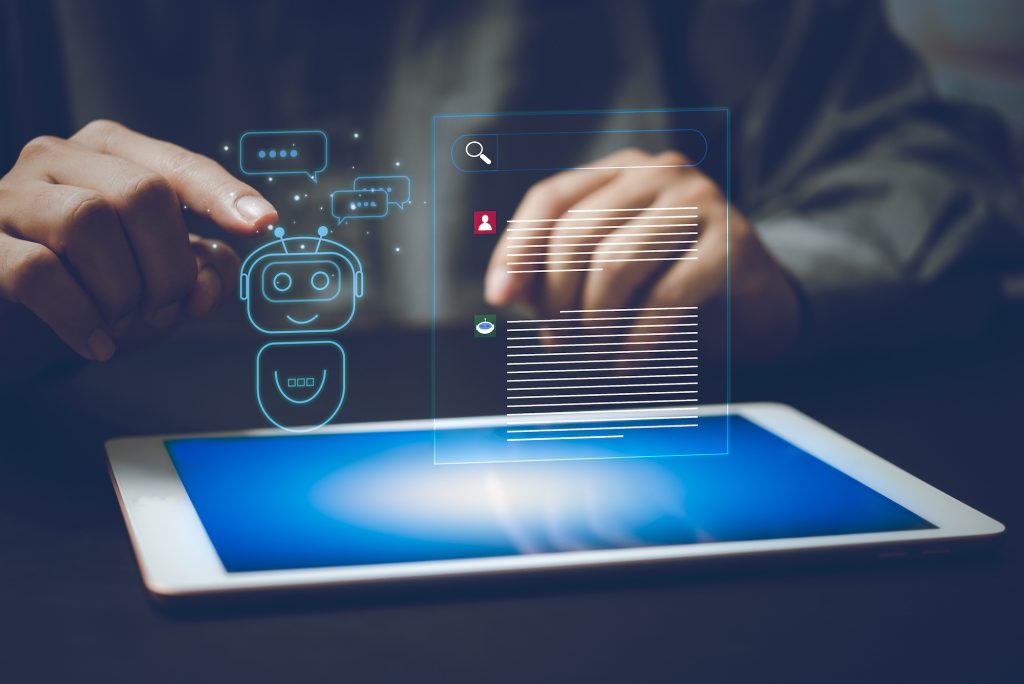A sentient AI algorithm sounded like a sci-fi dystopia a few decades ago. Movies like 2001: A Space Odyssey have vivid representations of why having an AI overlord is a bad idea.
But then, ChatGPT came about, and a million people loved the idea. Now, more than 100 million people are using it. The output it provides has mistakes, and it’s far from perfect. But it’s learning. And it’s learning fast.
It passed one of the hardest challenges for a machine – the Turing test. It’s a game where it has to fool real people into thinking it’s a human being. ChatGPT also passed the bar exam, SAT, GRE, and plenty of others. When you use it, you feel like you’re talking to Google on steroids, and that’s why marketers love it.
ChatGPT can produce anything from headlines, and blog posts, all the way to ebooks. But there’s one major concern. Does it have copyright concerns and other hidden issues? The answer’s yes.
ChatGPT Copyright Concerns
ChatGPT is like that friend in school who always copies your homework but changes something slightly to ensure your teacher doesn’t notice. It’s a smart strategy, and it’s not new at all. Tools similar to ChatGPT create images, code, and music from text prompts. Experimenting with them feels like living in the age of exploration again.
However, that raises the question of copyright infringement.
Copyright laws were invented because it’s easy to steal something and claim it as yours. Before the internet, you could find a book in another language, translate it, and mark it as your own with no one noticing. Many music artists copied popular songs and adapted them to their local culture. Plagiarism has been with us for thousands of years. But now, it’s easier to notice it.
ChatGPT was trained on existing content, so the output it creates is similar. The software blurs the line between human creativity and orchestrated paraphrasing. It doesn’t matter whether it’s in text, audio, or visual form.
Based on OpenAI’s terms of use, it grants the user all the rights, titles, and interests of the output generated by ChatGPT. Every marketer reading this just smiled ear to ear. You don’t have to pound your head thinking of creative ways to promote a product or a service. Your new AI buddy can do it for you.
One problem that arises is duplicate content. If someone was faster than you and used the same prompt, the answer could be online already. The solution is to get more creative with your prompts.
Other Issues With ChatGPT
Imagine working in a tech job and typing sensitive code into the chatbot for it to find bugs. Then, you ask it to audit a smart contract that you’ve worked on with your team through secure file sharing, and it finds a few weaknesses. But you decide they’re not too problematic, and you deploy everything on production.
When you wake up the next morning ready to attack a new working day, your chat history is completely different, and you can take a look at what others are asking. That means someone else has the code you input the day before.
This situation actually happened, which is why Italy demanded that ChatGPT be banned country-wide. The biggest concern nowadays is security and privacy. Hackers are always targeting companies with loads of data. OpenAI is the record holder for now because people from all walks of life are using it. If the data falls into the wrong hands, millions of individuals and companies will be at risk.
Wrong Answers
There are hundreds of funny ChatGPT memes where it gives absolutely wrong or unexpected answers. People are testing prompts to make the AI say 2 + 2 = 5. Fact and fiction are divided by a thin line, and you can even jailbreak it by asking it to pretend like it’s a specific person.
When it gives false info or makes mistakes, it serves as a reminder that it’s not going to take our jobs yet. Of course, it will get better and reshape modern technology. For now, you have to focus on not feeding it sensitive information and double-checking for citations and copyright.

